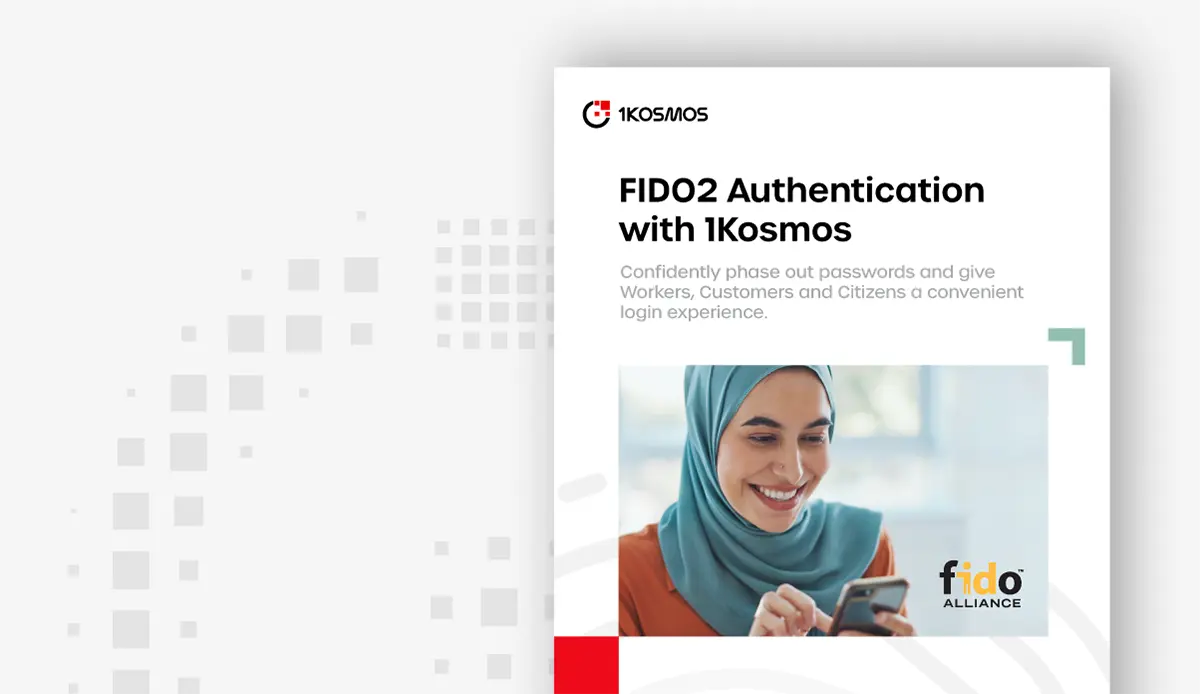Netflix’s Password Sharing Crackdown Could Be So Much Easier
It appears “Wednesday” fans can Netflix and chill about the streaming giant’s looming password sharing lockdown—at least for a little while. But when it does take effect, the policy could still send tempers boiling unnecessarily. Especially when a simpler, more secure approach is readily available.
Not that limiting password sharing outside of subscribers’ households is a bad idea. Despite being a mainstay of the Netflix experience, because it’s easy to share the same password to binge “Stranger Things” fact is, it is bad for the bottom line.
In recent years, the OG streamer has found itself battling a growing constellation of competitors and recently recorded its worst subscriber defections in a decade. The lost revenue potential from rampant password sharing only puts a drag on profits.
The company claims 100 million households worldwide, and 30 million in North America, are sharing passwords. But that could be lowballing it. As Forbes reports, a recent survey found that one in five US consumers rely on a Netflix account paid for by someone else. Extrapolated across just the US population, that’s twice the 30 million more than Netflix estimates. The price tag: As much as $420 million in unrealized revenue annually. Other studies show it might be even worse than that.
Of course, just because clamping down on password sharing is a smart idea doesn’t mean it’ll be easy. If early reports are any indication, Netflix’s plan doesn’t have to be so hard, either.
Netflix Wants to Marry Your Wi-Fi
As of the time I wrote this, what we know is from reports that surfaced after Netflix accidentally posted guidelines being trialed in three markets (Peru, Chile, and Costa Rica) on its help center pages in the US and elsewhere. The resulting backlash was enough for the company to clarify that it does not yet have official plans in place for other countries.
That’s a good thing. Because at least in those three markets, the password management system works something like this: Account holders will be asked to open the Netflix app or website from a device connected to their home Wi-Fi—and then watch something at least once every 31 days. This will establish a trusted device and network for the account.
If you’re away from home and you attempt to log in to Netflix using a different network, you may be prompted to verify your device using a temporary code sent to the account owner’s email or phone. The code must be entered within 15 minutes and provides access for seven consecutive days.
Beyond that, anyone not logging in from your home Wi-Fi will have to get their own subscription (though in the three test markets, there is the option to add sub-accounts for a few extra dollars each month). That’s a lot of unnecessary friction. To understand why, let’s take a look at a different approach. To me, it sounds like a lot of effort on behalf of everyone involved, including Netflix.
1Kosmos: “Perfect Match,” Made Simple
Tying subscriptions to a home Wi-Fi network and adding sub-accounts for extended family members who want to watch “Bridgerton” outside the home Wi-Fi network for more than seven days is certainly one way to go.
But there is a far easier approach.
Start with watching Netflix while you’re away from home. If Netflix implemented our 1Kosmos platform, for example, there’d be no need to verify the user’s device.
The user could open the Netflix app and be verified instantly using a biometric that’s captured when the user first enrolled or set up a profile—without taking additional steps. No temporary passcode (or time limit on usage) is required. Because 1Kosmos is NIST 800-63-3, FIDO, and iBeta ISO/IEC 30107-3 certified, the user’s biometric can’t be spoofed, stolen, or in the case of this article – shared.
The same technology can easily solve out-of-control password sharing altogether. Base subscriptions could cover a set number of users (immediate family members or otherwise), with fees for additional sub-accounts for each user beyond that. Each user could be verified at first login, and a simple method could be added for account owners to approve or delete users associated with the account.
Not only does this make it easy for users to authenticate, but it also makes it impossible for password misuse. The Netflix experience as we’ve come to love would be retained—and improved—without unnecessary heartburn.
Keeping Fickle Eyes from Wandering
That last part is key. Competition as it is these days, friction like this easily could send subscribers to rival streaming services. According to a survey from investment firm Jefferies, only 10% of consumers say they’d move to create their own Netflix account if they could no longer use a shared password. And 35% say they can just as easily replace Netflix with another service.
For Netflix or any streaming service, preventing password sharing is about more than just putting the kibosh on freeloaders and recouping lost revenue. With competition just a click or download away, it’s wise to keep subscribers happy with a brand-boosting user experience, as it can be the biggest differentiator of all.
To learn more about 1Kosmos, schedule a free demo today!
